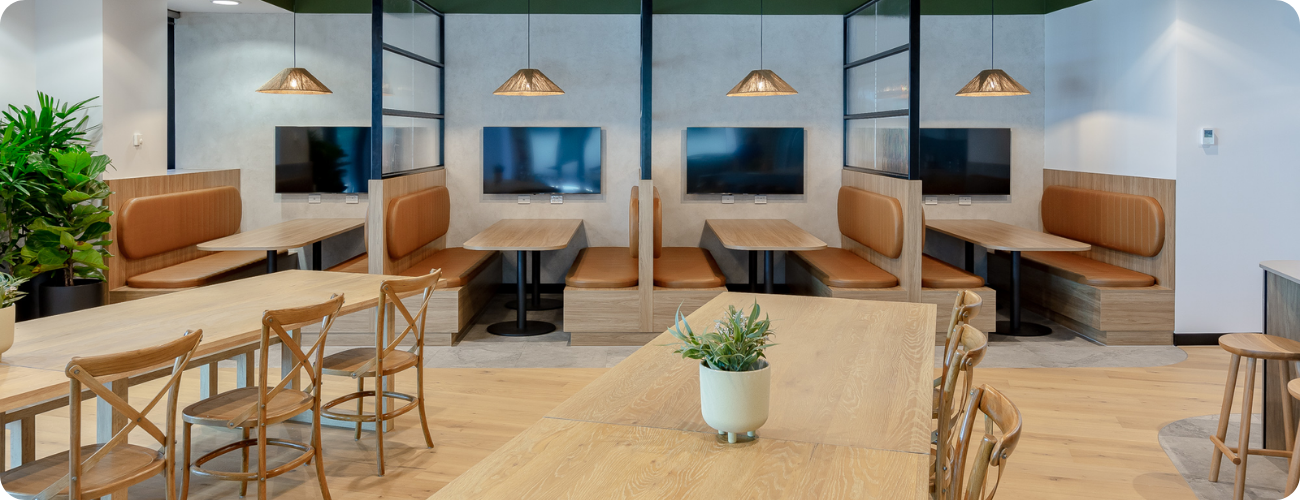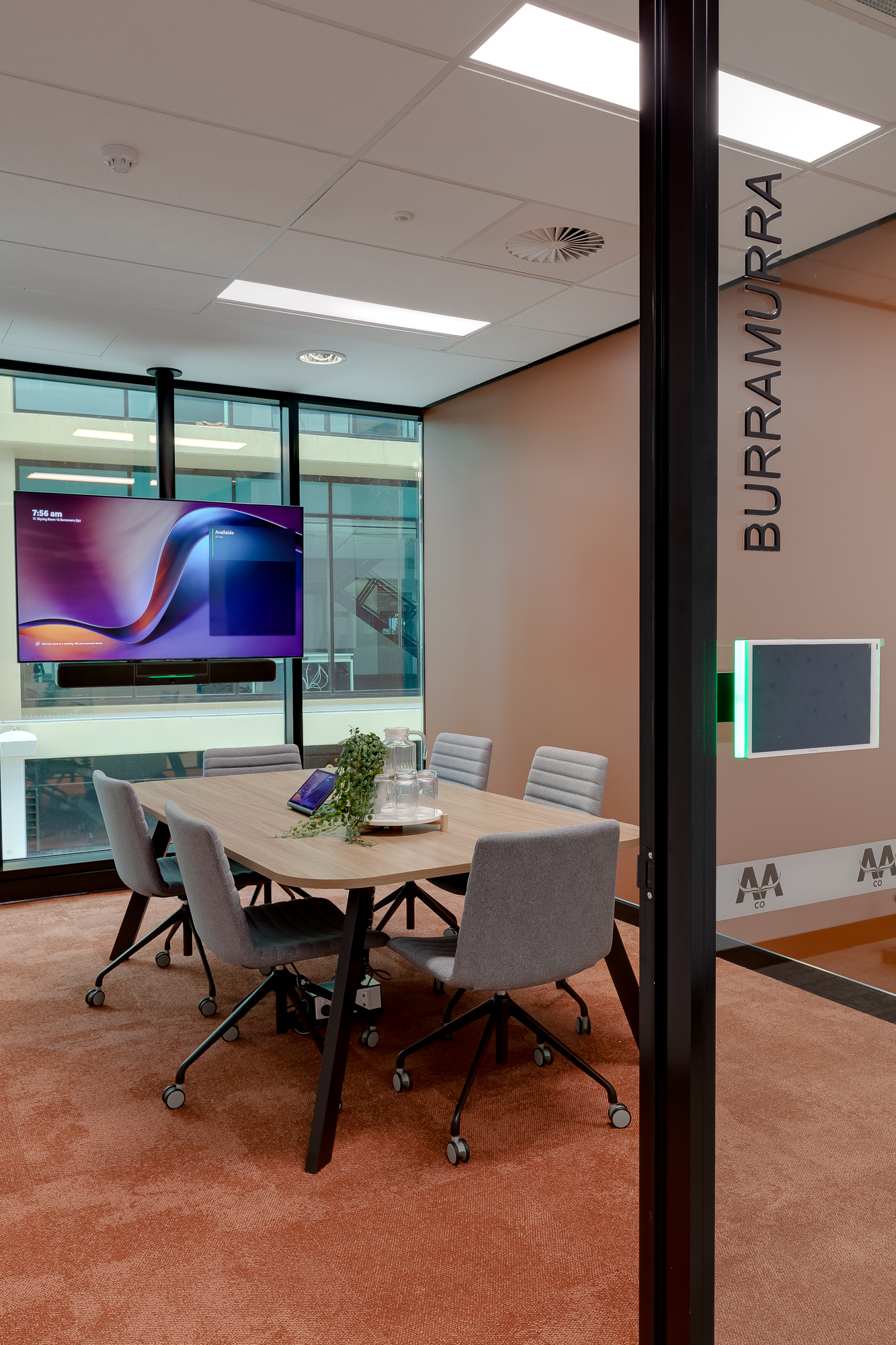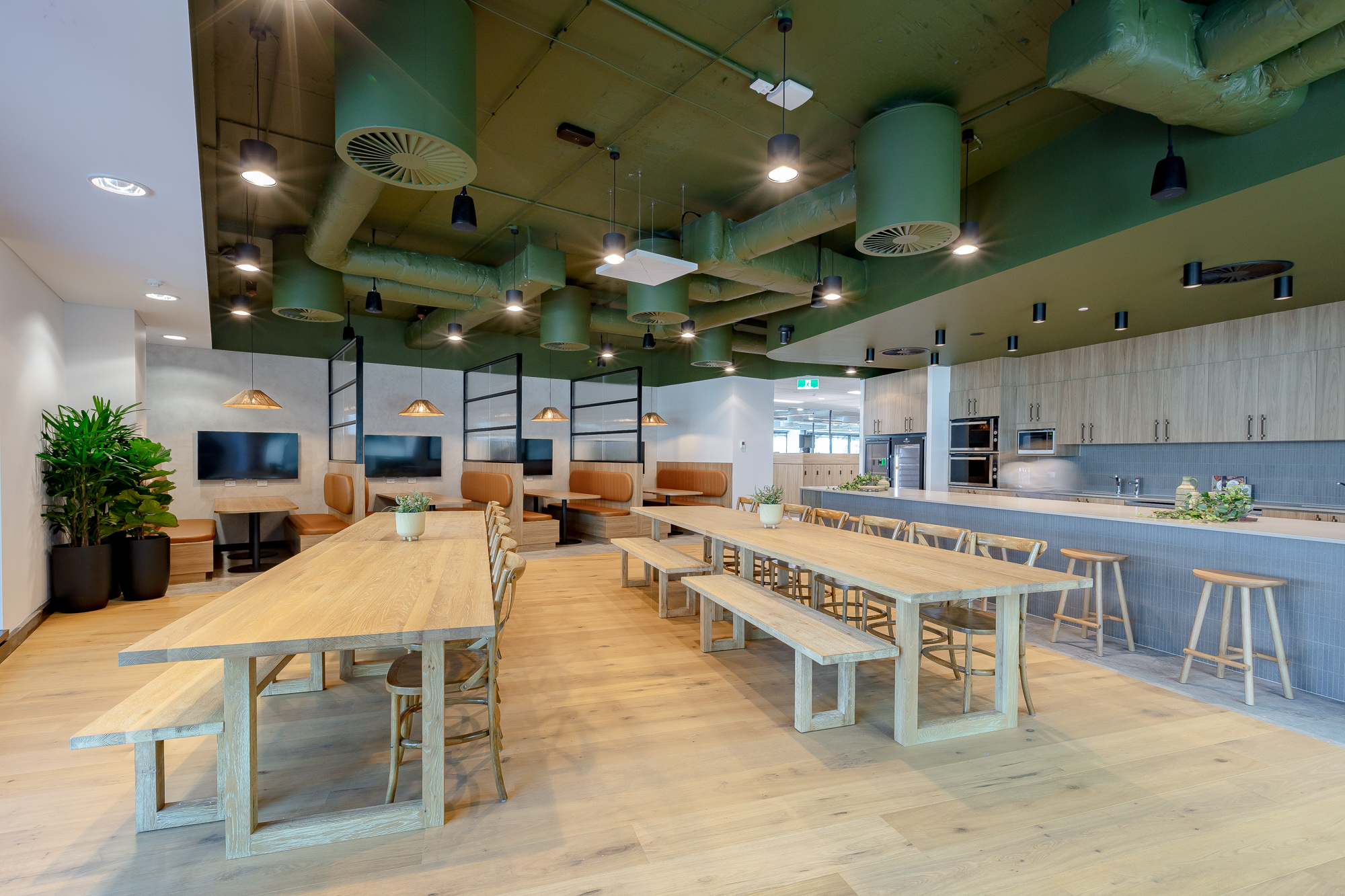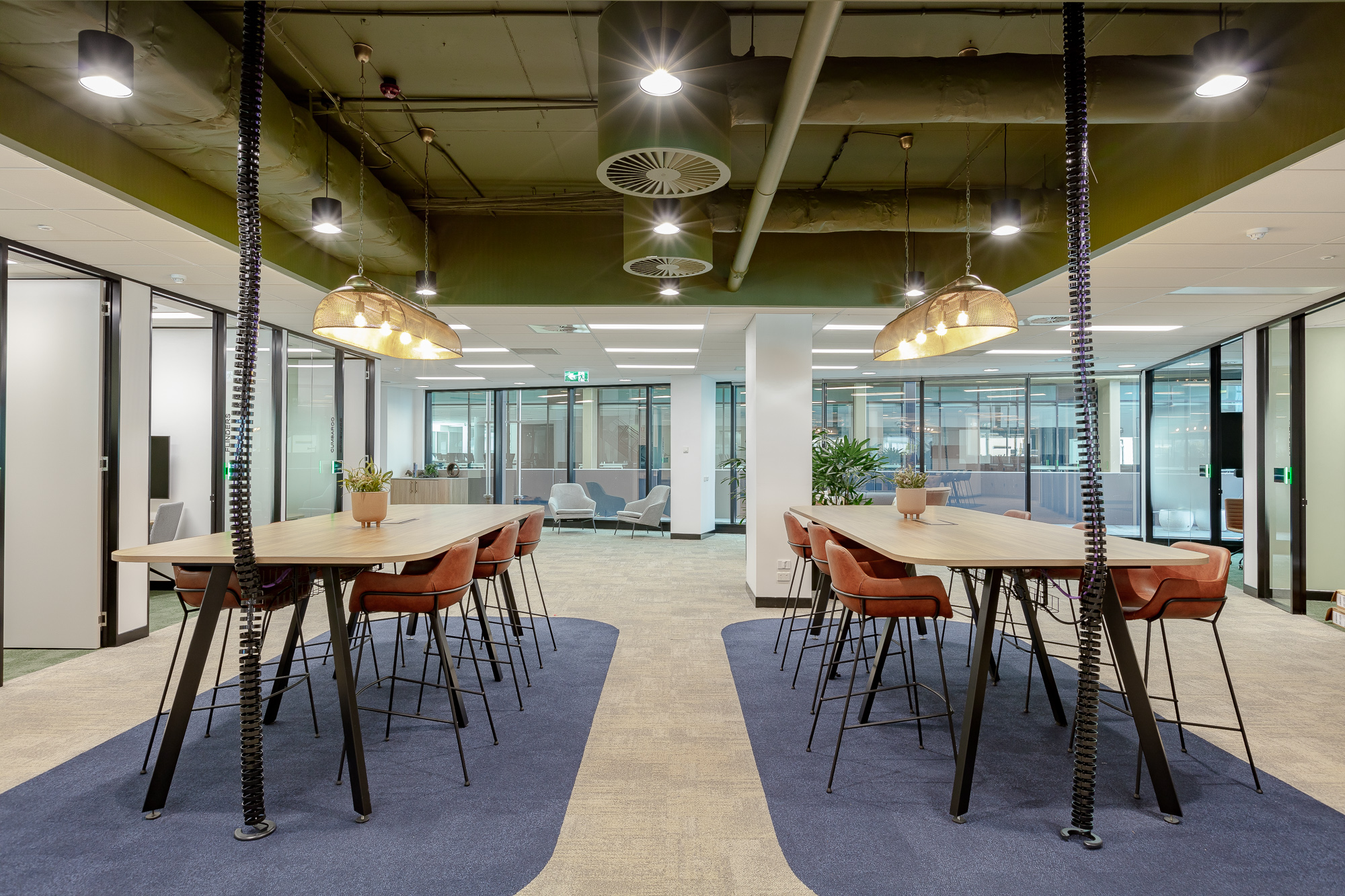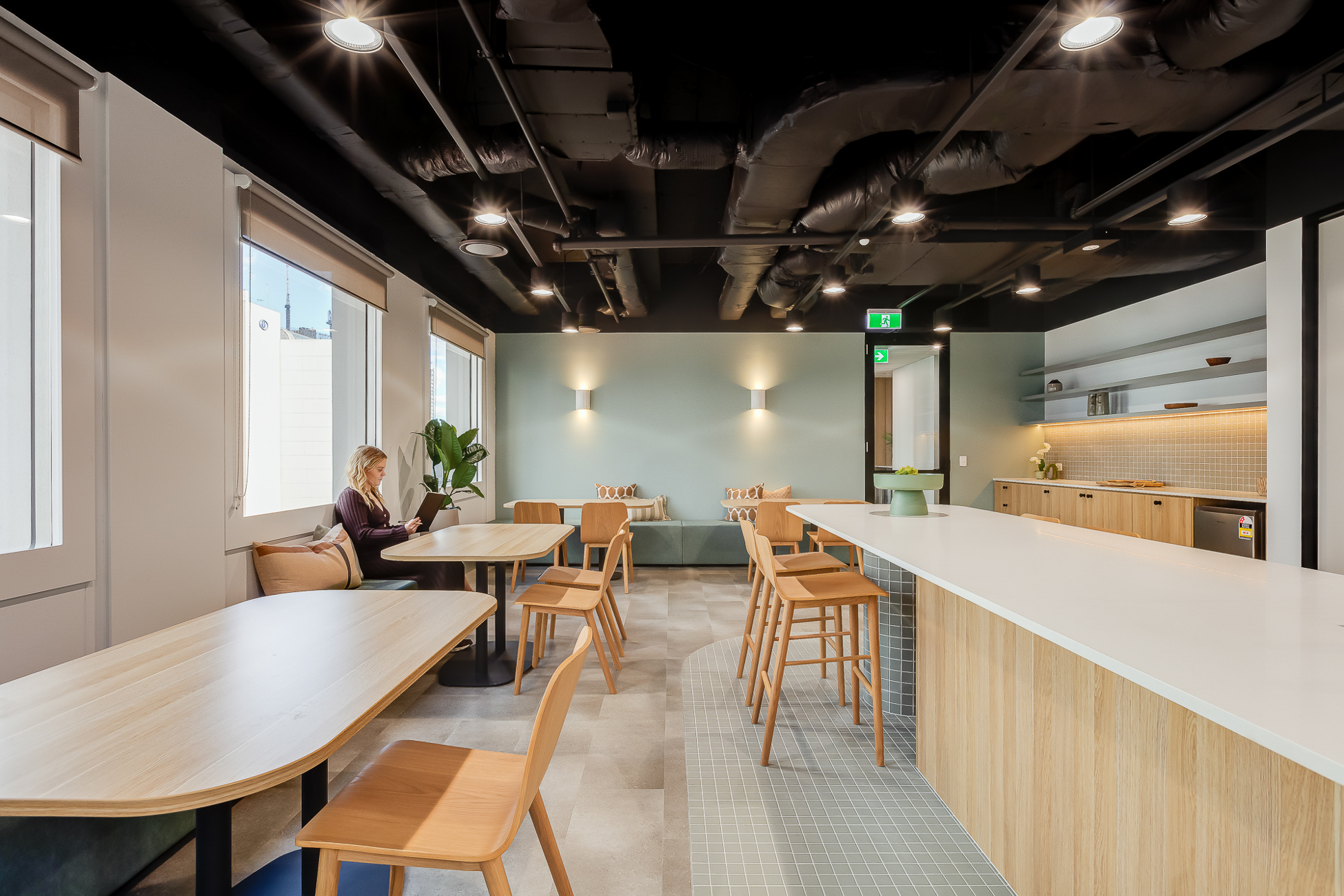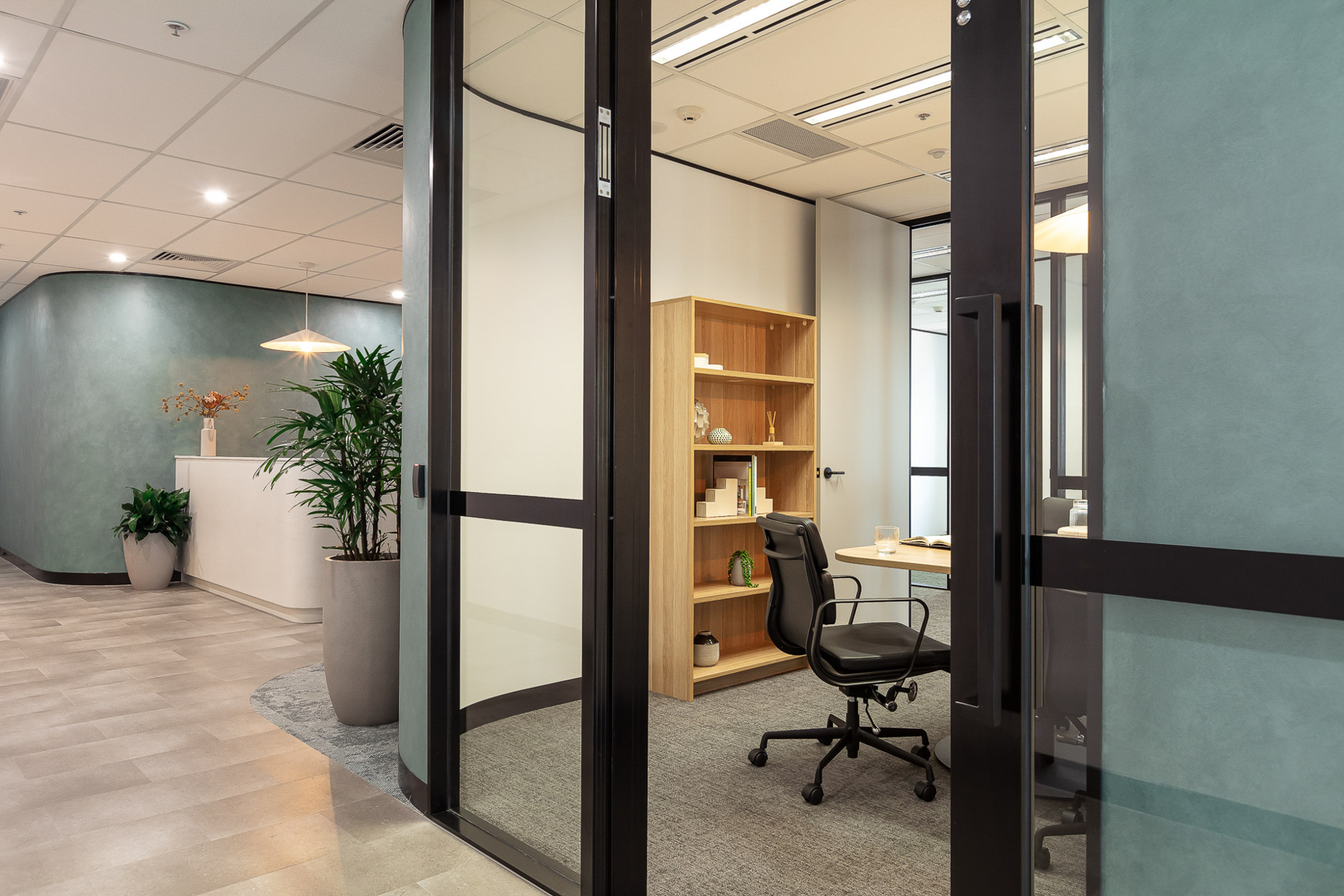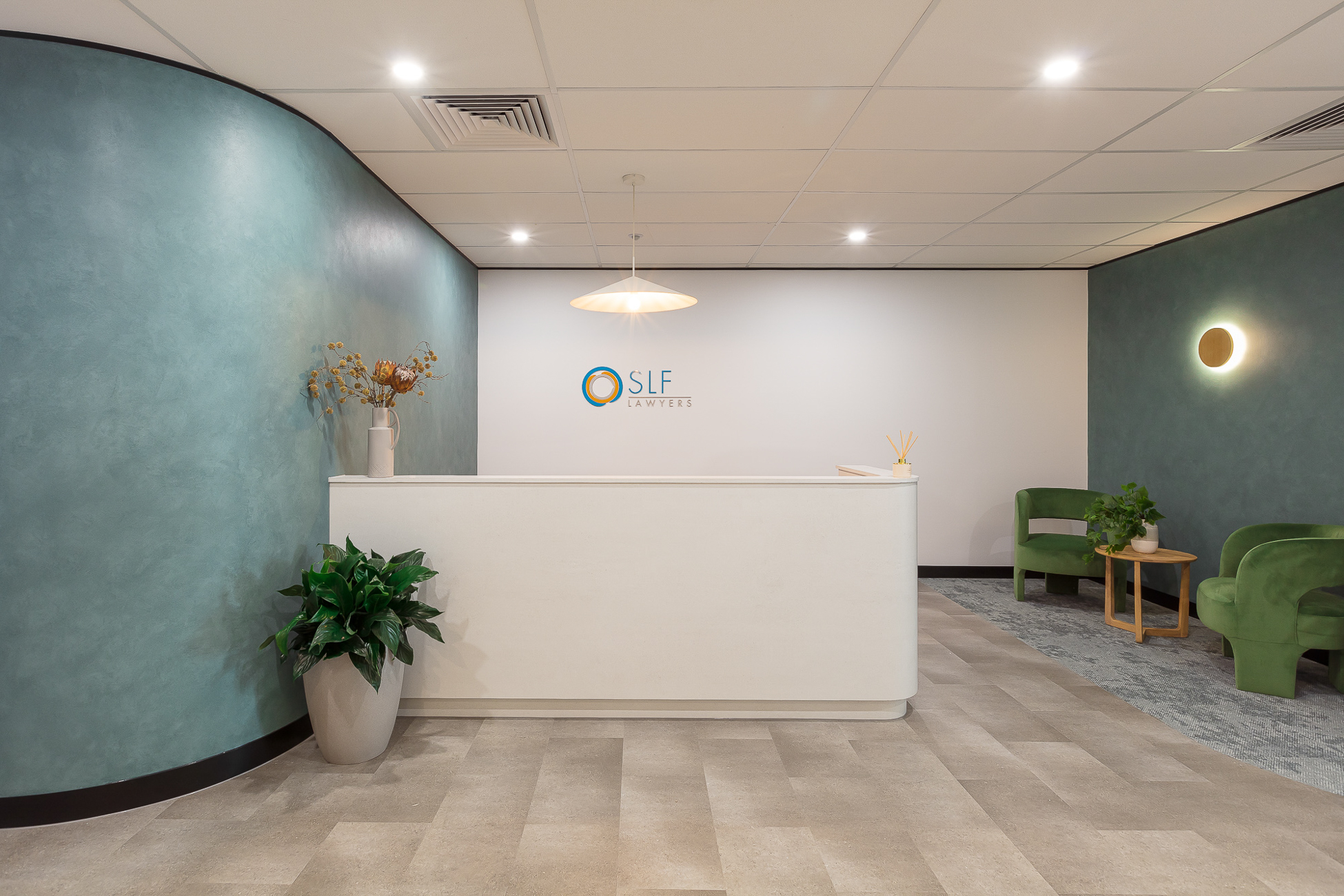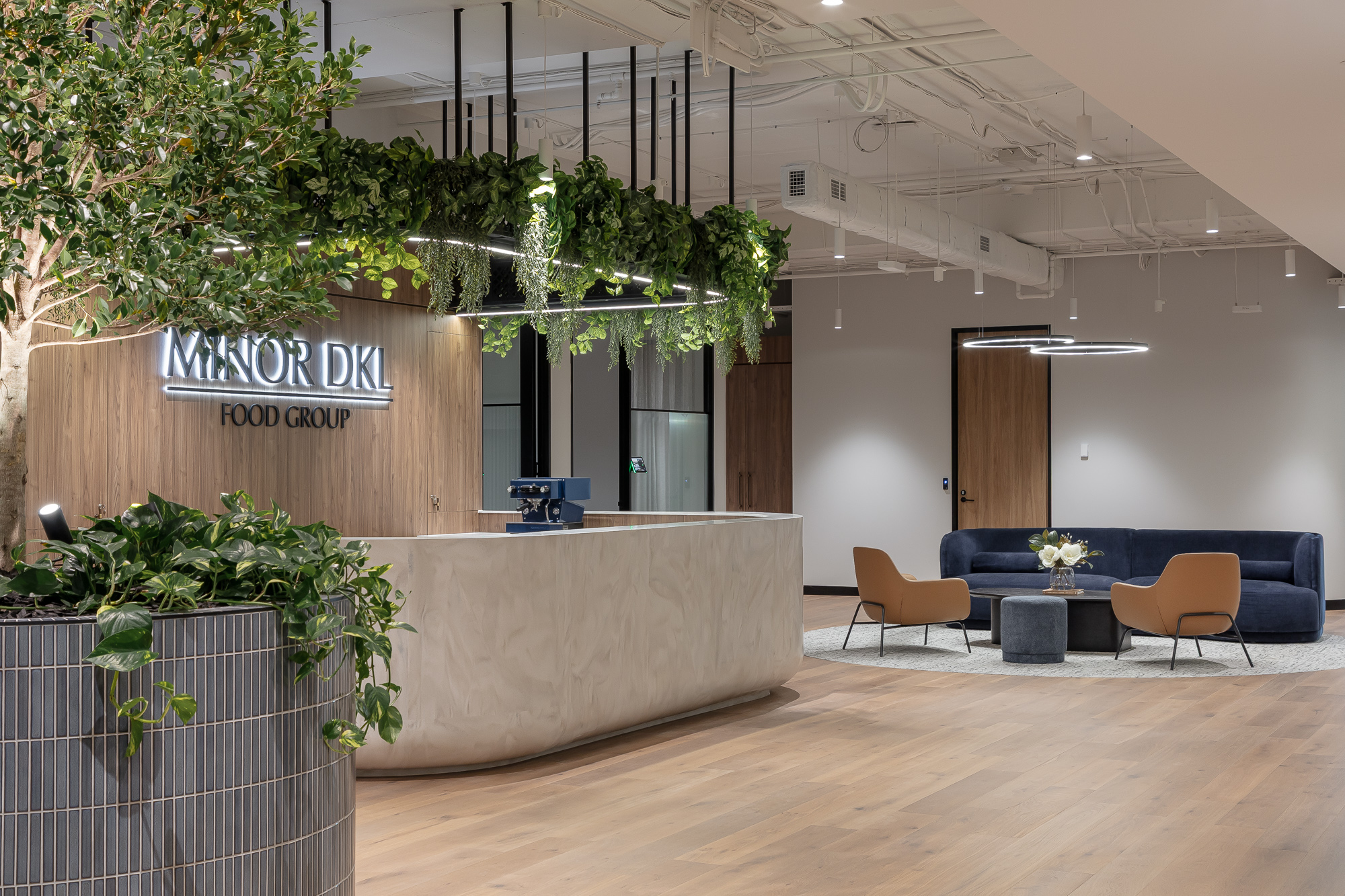As the expiration date of your workplace’s commercial lease approaches, a critical decision looms large on the horizon – should you stay or go?
18-24 months before the end of a commercial lease is the perfect opportunity to review your business plan and future growth before committing to a lease extension or embarking on a search for a new space and office layout. Timing is also essential when approaching a lease expiry with considerations needing to be made well ahead of time.
Lease Renewal
The decision to renew a lease is often influenced by various factors, including the location’s suitability, business growth, and the terms negotiated in the initial agreement. For businesses, continuity in a familiar location can provide stability and foster relationships with existing clients, customers, and neighbouring businesses. Additionally, established infrastructure and facilities may contribute to operational efficiency, making the decision to stay a strategic one.
One significant aspect that tenants may consider during their tenancy is the option to undertake a renovation of their current workspace. Renovations can be instrumental in aligning the workspace with evolving business needs, enhancing functionality, and creating a more appealing and productive environment for employees. Prior to initiating any modifications, tenants must review their lease agreement to understand any restrictions, seek approval from the landlord and consider undertaking a workplace strategy to maximise your potential at your existing workplace. Clear communication with the landlord and adherence to lease stipulations are crucial to ensure a smooth and compliant renovation process within the commercial space.
Points to consider:
- A refurbishment can cost up to 40% more if a staged delivery is required (i.e. completed whilst floor occupied) as trades need to return and additional site supervision is required. The refurbishment can also be disruptive at times if the client is still occupying / working from the site.
- Refurbishing if under a new lease term can sometimes allow tenants to renegotiate their lease, before the end of current lease.
- Design aesthetics or layouts can often be compromised based on trying to retain the existing built environment that may not necessarily be the most optimum for the tenant, comes at a lower cost.
After we undertook a detailed workplace analysis with clients AACo, a refurbishment of their existing space proved to be the most beneficial option.
